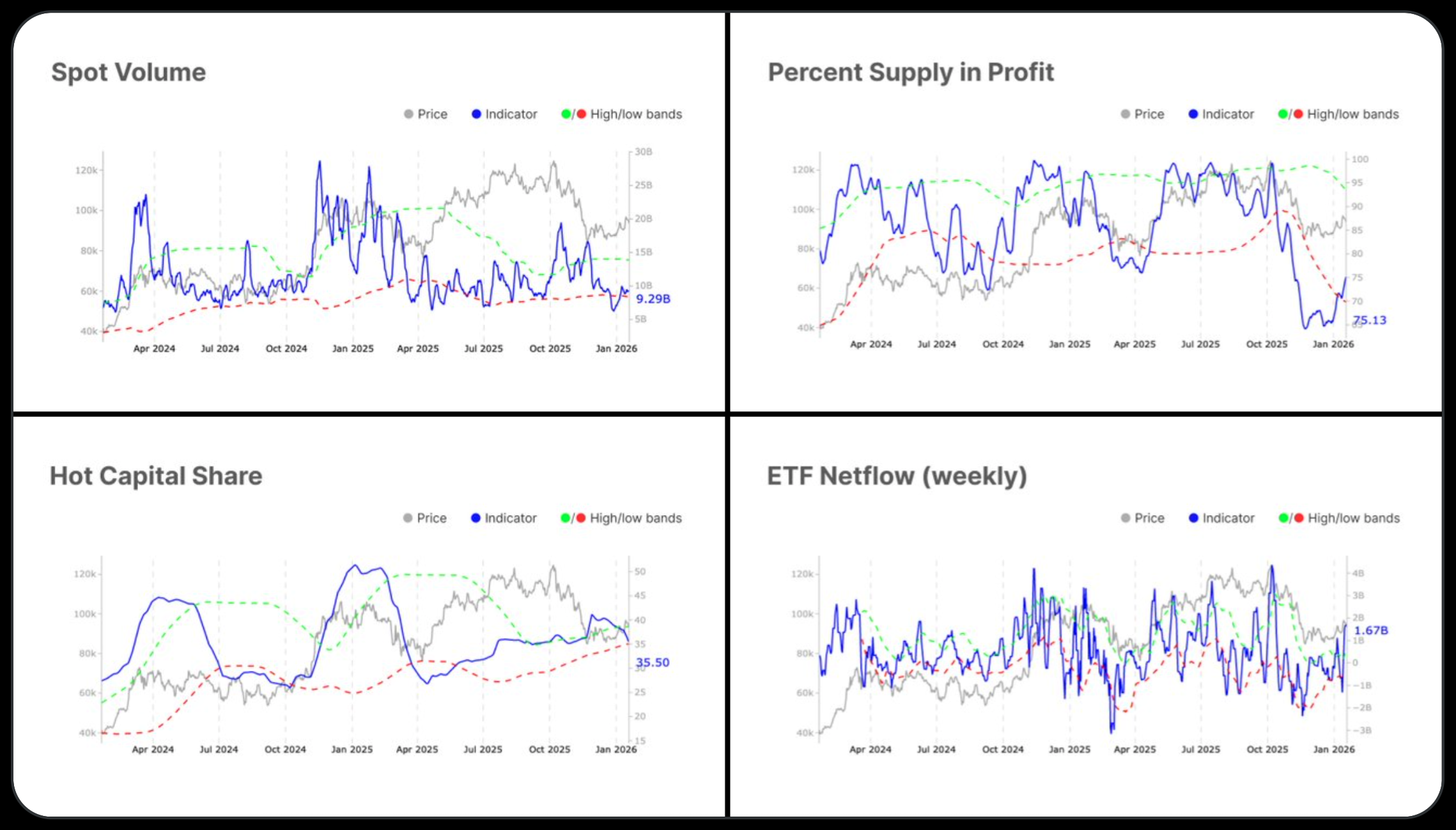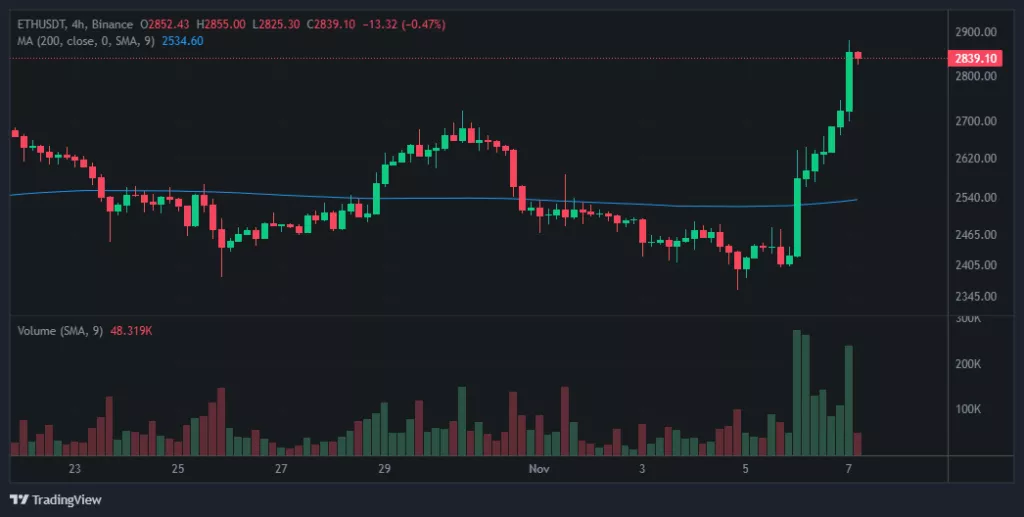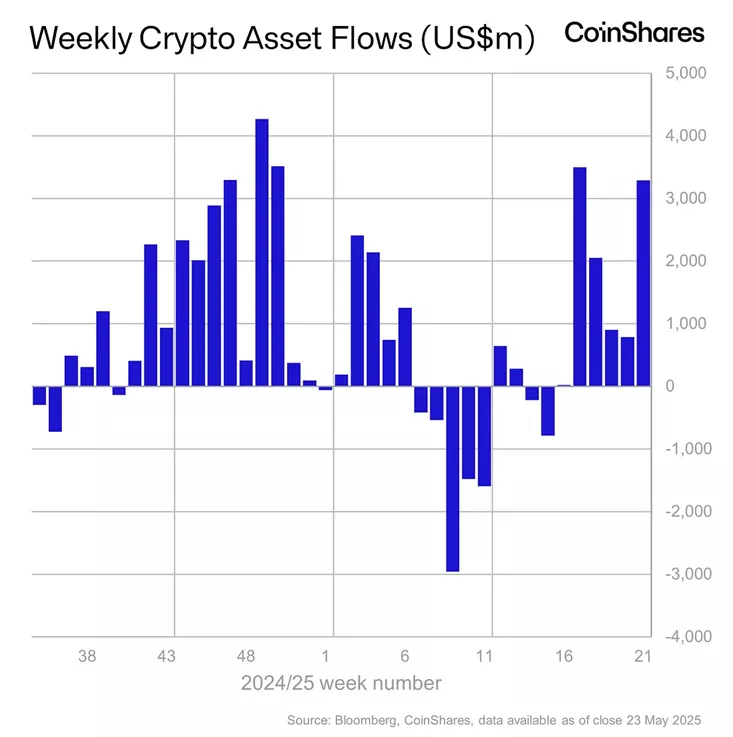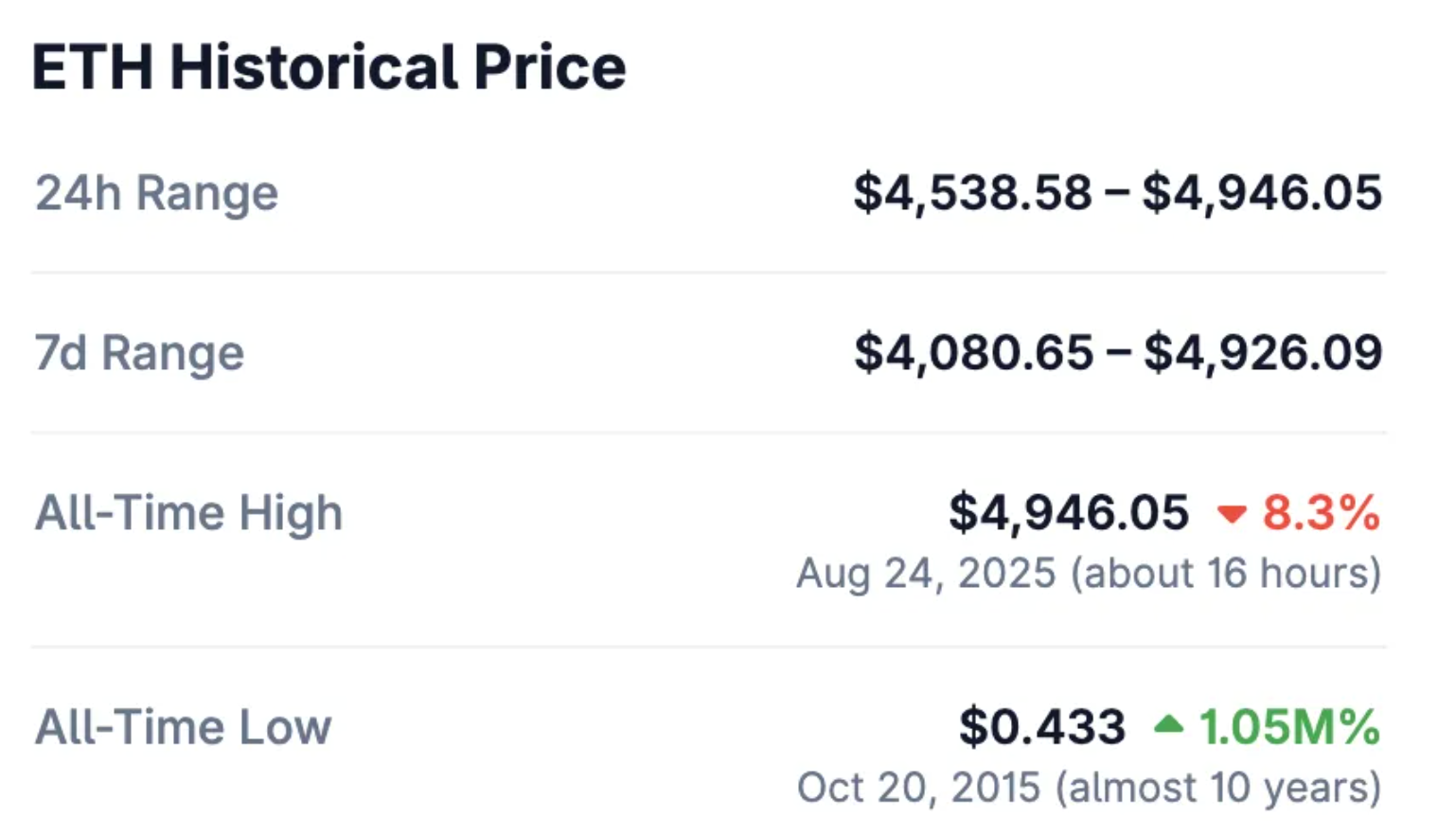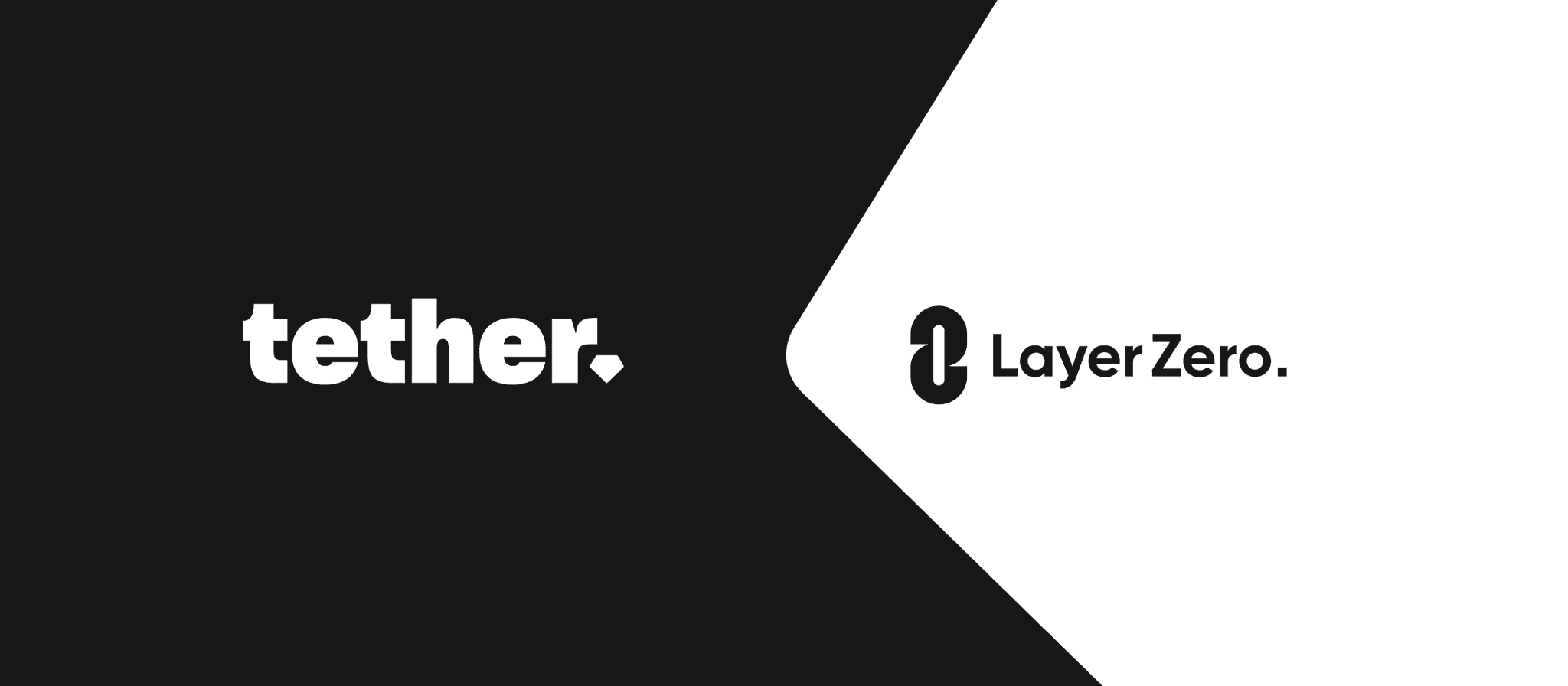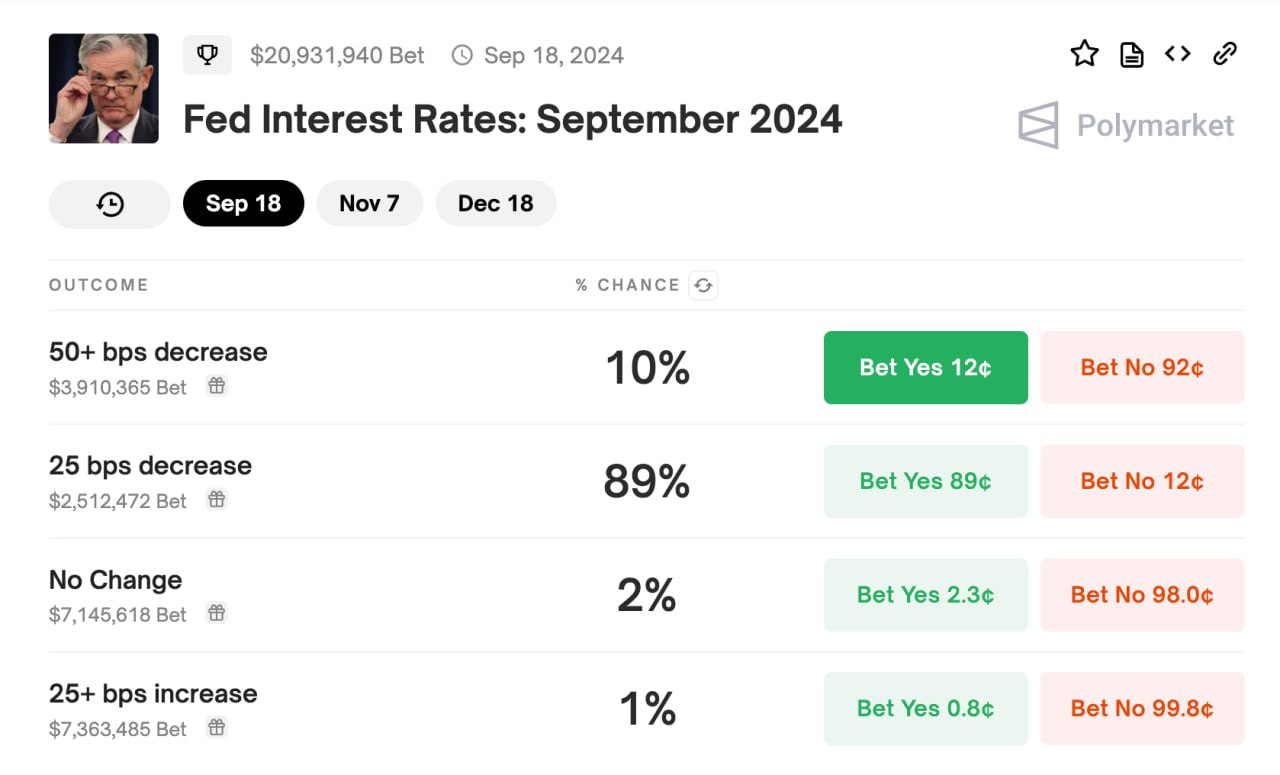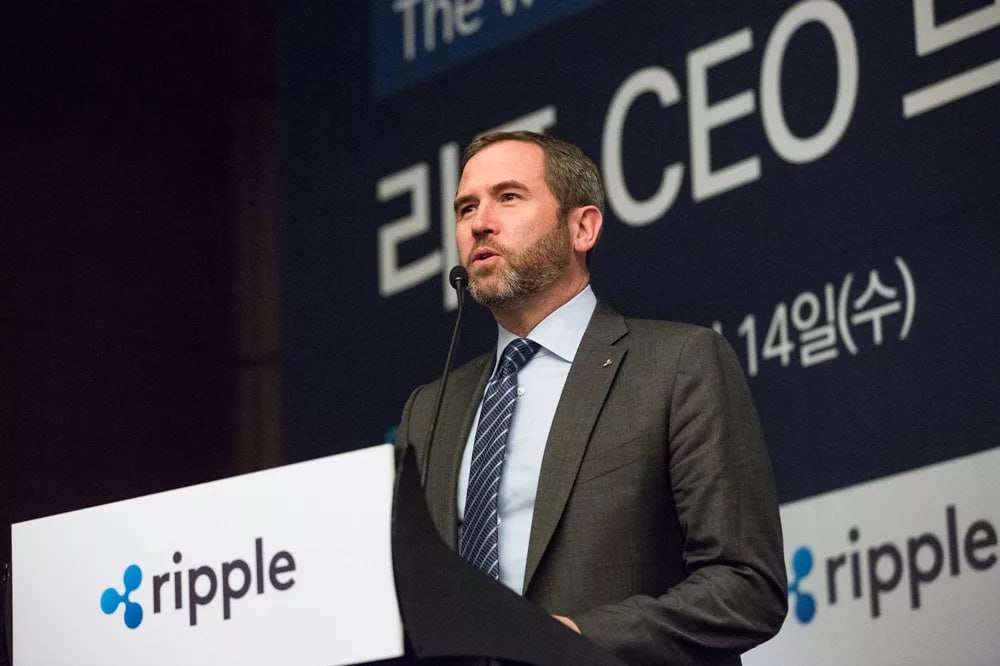Tether has officially announced its intention to bring its stablecoin, USDT, to the United States. In an interview with CoinDesk, the company’s CEO, Paolo Ardoino, stated that Tether aims to register as a foreign stablecoin issuer in compliance with the newly passed GENIUS Act.
New Legislation and Tether’s Response
On July 18, President Donald Trump signed a bill into law that regulates the issuance and management of stablecoins in the United States. The GENIUS Act sets clear standards for reserve backing, auditing, and transparency for fiat-backed digital assets.
According to Ardoino, complying with the new law will require Tether to implement a more robust auditing framework and adjust the composition of its USDT reserves. However, he emphasized that the company is financially well-positioned to handle these changes, having generated $13 billion in net profit in 2024.
Big Four Auditor and a U.S.-Specific Version of USDT
Tether’s CFO, Simon McWilliams, appointed in March, is currently working to onboard an auditing firm from the Big Four. Ardoino confirmed the company’s commitment:
“Tether will comply with the GENIUS Act,” he said.
The company estimates a three-year timeline to officially enter the U.S. market. In parallel, Tether plans to launch a dedicated version of USDT, tailored specifically for U.S.-based institutional investors.
“Institutions are used to ultra-efficient markets, where every basis point matters. We need to build something that fits that expectation,” Ardoino explained.
He added that the new stablecoin variant would be focused on payments and high efficiency.
Reserve Adjustments and Compliance
A February report by JPMorgan analysts estimated that only 66% to 83% of USDT’s reserves currently meet GENIUS Act requirements. To achieve full compliance, Tether would need to divest from certain assets—including Bitcoin, corporate bonds, and secured loans—in favor of U.S. Treasuries and other highly liquid, low-risk instruments.
Despite these changes, Ardoino has maintained that the transition would be “straightforward” for the company.
Global Focus and Underserved Markets
Although Tether is making a strategic push into the U.S., its primary user base remains outside the country.
“Our core user base consists of three billion people who are unbanked or underbanked,” Ardoino stated.
In the European Union, following the implementation of the MiCA regulation, Tether has shifted focus to supporting third-party regulated stablecoin projects that use its Hadron platform.
Circle’s Confidence in Compliance
Jeremy Allaire, co-founder and CEO of Circle, the issuer of USDC, also commented on the GENIUS Act in an interview with CoinDesk. He noted that the new law aligns with Circle’s long-standing approach to doing business:
“We’ve always been trusted. We’ve been transparent and subject to public audits for five years,” he said.
According to Allaire, interest in the U.S. stablecoin market has surged, even before the law’s official enactment, with major tech firms, trading companies, and financial institutions exploring entry into the space.
“Once this federal law is in place, it will be a green light for all of these types of institutional players,” he emphasized.
The GENIUS Act will come into effect six months after the president’s signature or 120 days after regulatory implementation guidelines are published, whichever comes later.

